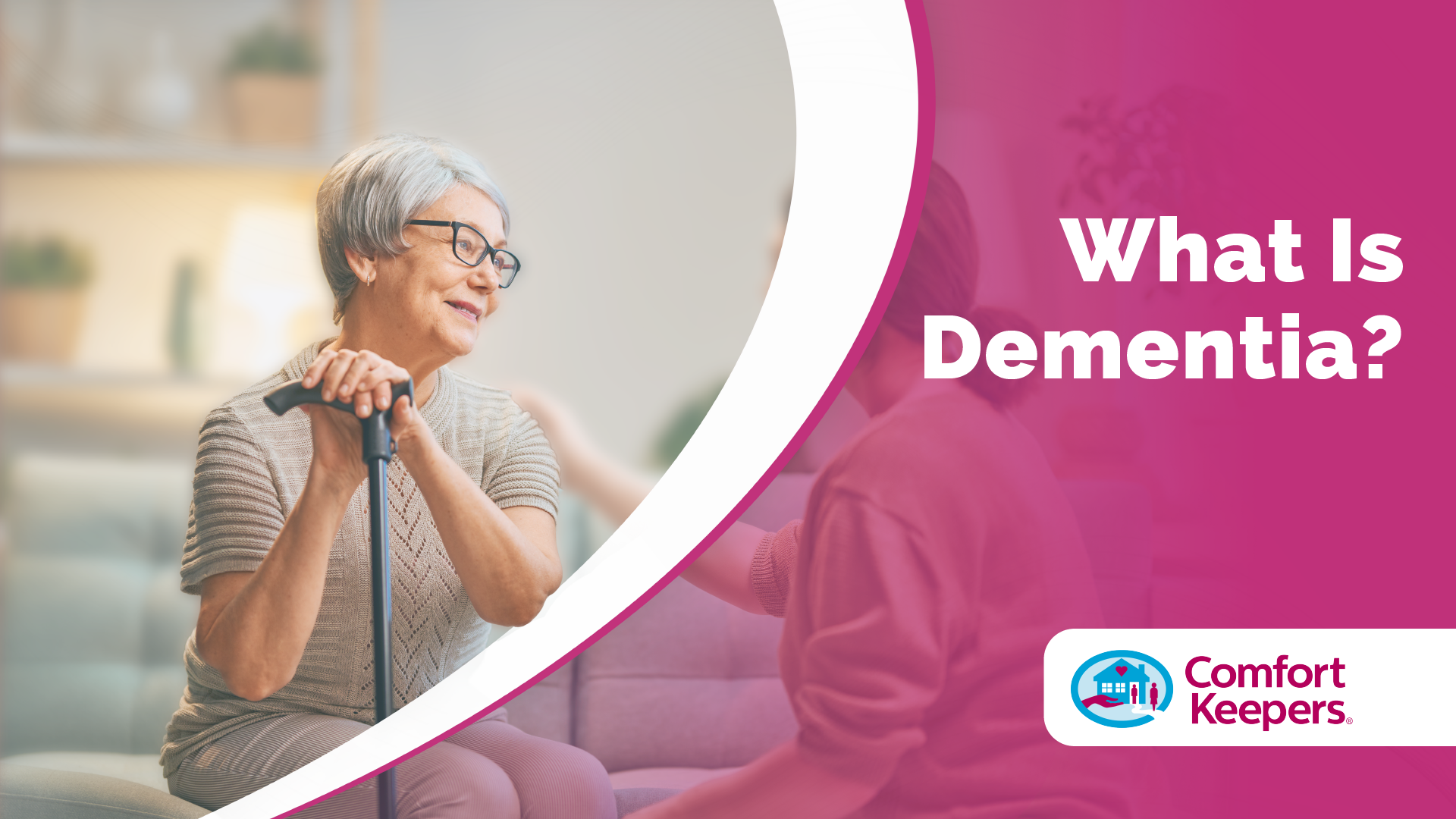
Dementia is a general term for the impaired ability to remember, think and make decisions that often interfere with daily activities. Dementia can occur in any stage of life, but it's most common in older adults. If you're caring for a loved one with dementia, you know it's not easy. You're the one who has to deal with all of the stress and responsibility, and it can be overwhelming. This article is intended to educate you on some of the nuances of dementia and provide some solutions.
Dementia 101
The most common type of dementia is Alzheimer's disease. It affects more than 5 million people in the United States, and its prevalence is expected to rise as the population ages. This is the most common diagnosis in older adults, and it is caused by brain changes that result in amyloid plaques and tau tangles. Frontotemporal dementia is a rare type of dementia that typically affects people under the age of 60 and is associated with abnormalities in the proteins tau and TDP-43. Lewy body dementia is a type of dementia characterized by abnormal deposits of the protein alpha-synuclein known as Lewy bodies.
Vascular dementia is a type of dementia caused by conditions that damage or disrupt blood and oxygen flow to the brain. Mixed dementia is a combination of two or more types of dementia. For example, autopsy studies on dementia patients revealed that many people had a combination of brain changes associated with different forms of dementia.
The causes of dementia are not clearly understood. However, scientists are investigating how the underlying disease processes in different forms of dementia start and influence each other.
Research has shown a genetic component to some forms of dementia, but there is no evidence that one specific gene causes any particular form of dementia. Scientists will continue to explore the variety of disorders and disease processes that contribute to dementia, and look for new ways to prevent and treat it. However, there are some known risk factors for developing dementia: age, family history, Downs syndrome, smoking, nutritional deficiencies, or pre-existing conditions that affect blood flow to the brain.
Symptoms of Dementia
If you're noticing that your loved one is having trouble with memory, judgment, speech or language, thinking and reasoning, problem-solving ability, reading and writing, it could be dementia.
The symptoms of dementia can vary greatly from person to person. However, there are some common signs that should raise a red flag. These include:
Losing interest in activities that they used to enjoy;
excitement or agitation;
confusion about time or place;
difficulty speaking and understanding words or sentences;
misplacing things, such as keys or glasses;
trouble with balance and coordination (for example, tripping over things).
How Is Dementia Diagnosed?
The first step in diagnosing dementia is usually a physical exam by your doctor. You may also need other tests like cognitive and neurological tests, brain scans, psychiatric evaluations, genetic tests, and blood tests. Early detection is important for managing the condition since the sooner you get treatment, the better it will be for managing symptoms and preventing further decline. If you think you might have early signs of dementia or another neurodegenerative disease, talk to your doctor right away!
How to Support Loved Ones With Dementia
The best way to help someone with dementia is to stay in touch. Learn about their needs and provide support when needed. Be patient, as the person may not remember what you told them yesterday or even this morning. Offer a shoulder to lean on if they need it, and try to include them in conversation. If you are having guests over for dinner, ask if they would like to join you at the table or in another room during dinner. If you have children, invite your loved one's family over for a play date so that everyone can enjoy each other's company. Offer a reprieve by taking your loved one out for lunch or on an errand so they don't feel trapped inside all day! Keep a routine; this will help alleviate some of the stress associated with living with dementia. Call in support if needed; wonderful resources are available like hospice care, in-home health care, or other forms of caregiving through local groups.
When you're caring for a loved one with dementia, it can feel like everything you do is just a Band-Aid on the problem. But you are not alone—we're here to help.
Comfort Keepers Citrus Heights offers in-home respite care for your loved one so that you can take a break and get some rest without worrying about the care they need. We know that caring for someone who is sick or otherwise disabled is exhausting—and it doesn't have to be that way!
We provide our caregivers with ongoing training, support, and development to provide the highest level of care possible to your loved one. You can be sure that our caregivers will treat your loved one like family—they'll love them as you do!
At Comfort Keepers, we understand that caring for a sick loved one can be difficult, especially if you're not prepared for it. That's why we offer in-home respite care—we know how important it is to have some time away from the demands of caring for your sick loved one. And when you're ready to return home, we'll be there waiting for you!
If you'd like more information about how Comfort Keepers Citrus Heights can help your family during this difficult time, contact us today!









